Morocco Implements Landmark Dam Perforation to Combat Water Stress in Marrakech



Sources: northafricapost.com, www.afdb.org, smartwatermagazine.com
Want to read more like this story?

From Aging Infrastructure to Extreme Rainfall: The Growing Importance of Dam Structural Engineering
Oct, 07, 2024 | NewsDams have been integral to human civilization for centuries, playing critical roles in water storag...
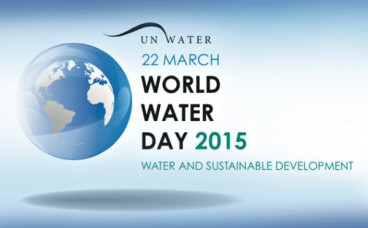
March 22nd is World Water Day!
Mar, 22, 2015 | NewsSince 1993, the United Nations has designated March 22nd of each year as World Water Day, a day dedi...

Thames Water Accelerates Plans to Secure South East's Future Water Supply
Jun, 07, 2024 | NewsToday marks a significant step in securing the future water supply for the South East as Thames Wat...
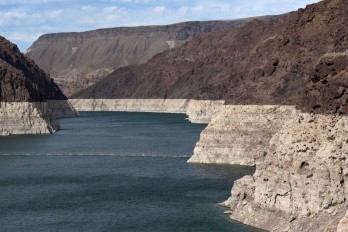
The Hoover dam reaches all-time low water level
Jun, 22, 2021 | NewsHoover Dam, one of the most iconic dams ever constructed, has reached its lowest water level in his...
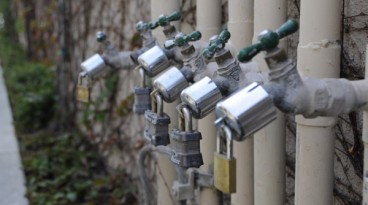
Water scarcity: Cape Town is running dry
Feb, 20, 2018 | News‘Day Zero’ approaches, when the city’s water taps will be turned off in Mid-May â...

Ancient engineering methods to address water shortages
Jul, 31, 2019 | NewsAccording to a new study, published in Nature Journal, a 1,400-year-old system of canals that divert...
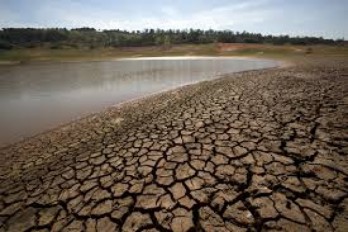
Ιn the shadow of drought
Sep, 28, 2015 | NewsIn Maharashtra's dams the water levels have risen to 56% from 54% due to the monsoon. In Maharash...

Largest Dam Safety Project in USACE History. Tackling the problem of ageing dams.
Jun, 12, 2024 | NewsAt the end of 2023, contractors from ten construction and engineering firms gathered at the Garriso...
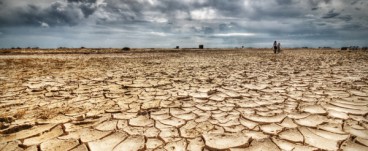
The fight for Water in the Middle East and North Africa
Sep, 09, 2015 | NewsMiddle East and North Africa face the prospect of new violent events for ... water. Turkey, Syria...
Trending

Taipei 101’s impressive tuned mass damper
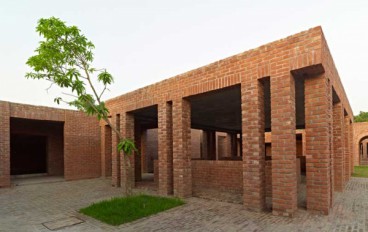
Characteristics of Load Bearing Masonry Construction

China Completes World’s Longest Expressway Tunnel, Redefining Connectivity

The Line at Neom faces feasibility reassessment while construction continues




